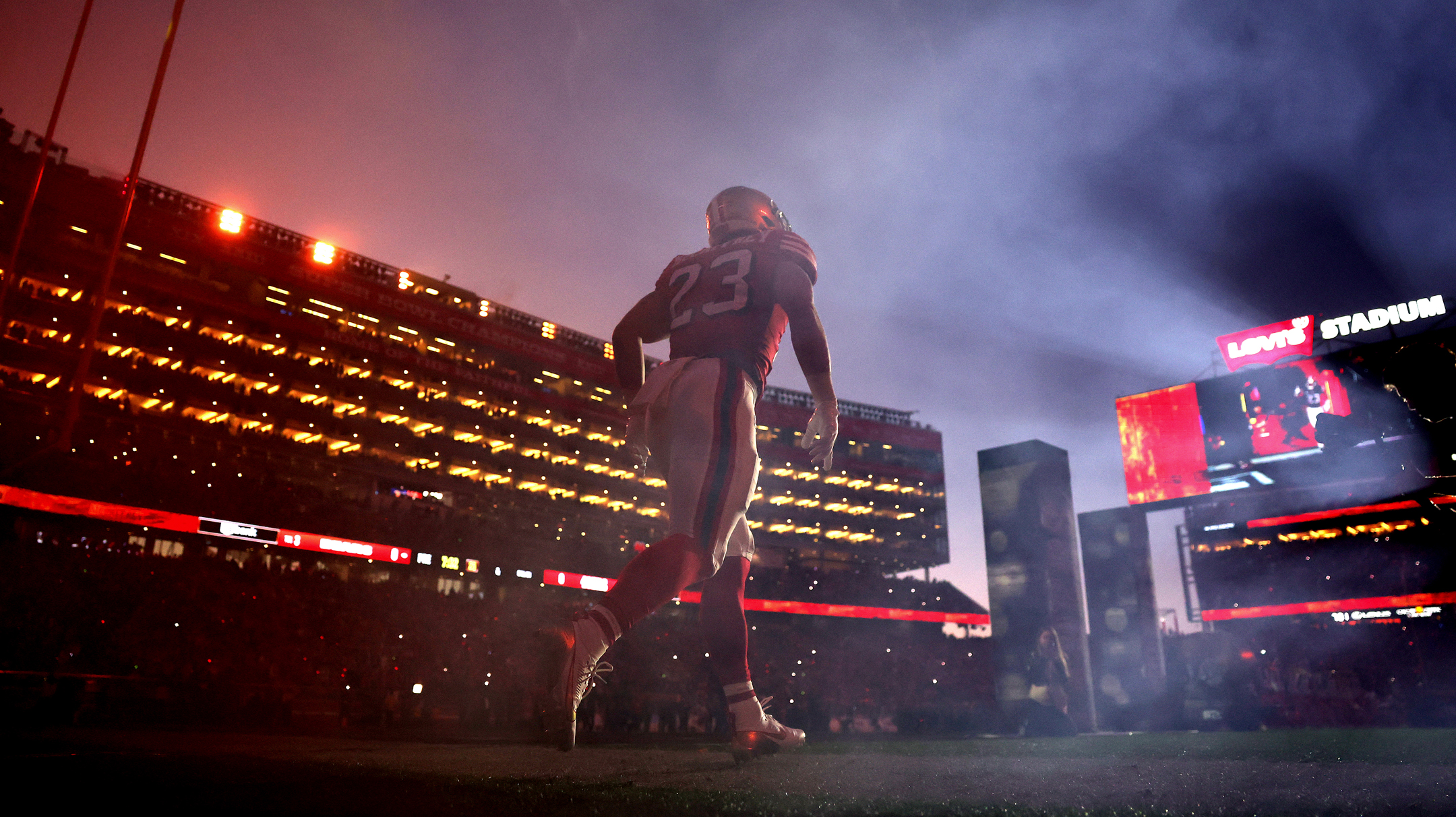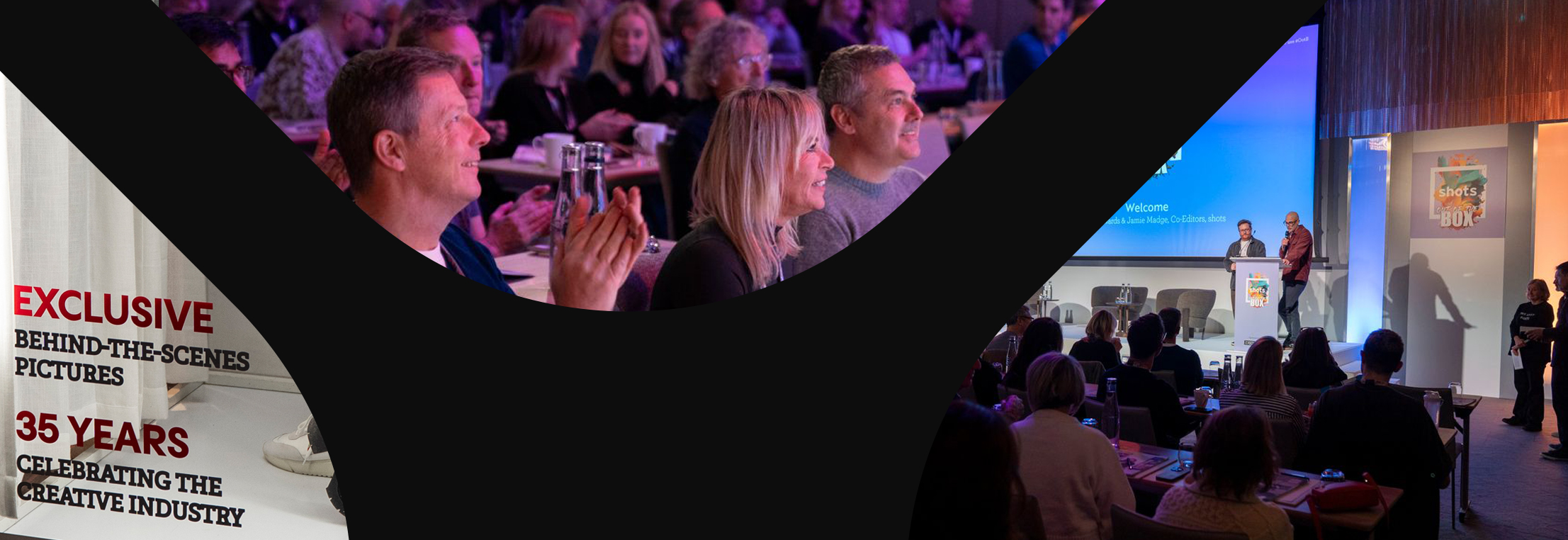The Ad Industry Responds to War in Ukraine
As the unthinkable crisis in Ukraine continues to unfold, many NATO countries, members of the European Union and other Western nations have banded together to provide aid while imposing strict sanctions on Russia. AtExtreme Reach, the response from team members in all parts of the world was tremendous and we responded in multiple ways. We moved quickly to shut down all ad serving and delivery to Russian-affiliated digital and TV destinations and to identify ways to support team members in Ukraine and those whose family and loved ones are there. We made the largest donation in company history to the Red Cross’s Ukraine Emergency Appeal, while many team members donated to additional charitable groups that had been vetted. In addition, ER has offered to deliver Public Service Announcement (PSA) creative free of charge for organizations focused on aid for Ukraine. Here’s a look at how many brands are uniting to #StandwithUkraine and insight into the actions consumers would most like to see from major companies.Public SentimentGrowing public sentiment reflects consumers’ belief in the influence major companies wield when it comes to swaying the course of global events,according to a new Gartner survey. As such, eight out of 10 respondents want brands to take at least one form of concrete action when it comes to addressing Russia’s premeditated and unprovoked invasion of Ukraine. “Everybody’s in a big emotional place,” said Kate Muhl, VP analyst at Gartner. “The messages that they are looking for are: support for people in Ukraine, peace and to some degree, resources.”Leading recommendations include ceasing all business with Russian companies, an action proposed by 60 percent of Gartner respondents. An additional 55 percent want companies to ensure the safety of their employees in affected regions, while 31 percent called for brands to directly donate aid. A recentMorning Consult reportlikewise conveyed that 75 percent of Americans want companies to cut business ties with Russia while stopping product sales to that country, while a staggering 78 percent say they “strongly” or “somewhat” support brands taking definitive action.The last two years have served as a watershed moment for brands, which learned that consumers expect them to be social-justice stewards or agents of real change on a range of important matters, such as those concerning racial inequality and climate. Now, the purpose-driven marketing paradigm is translating to the war in Ukraine and extending across wide swaths of cultural sectors. Cannes Lions, arguably advertising’s most important awards show, announced that it will waive charges for attending Ukrainian creatives while refusing to accept submissions from Russian ad agencies. Around the United States and Canada, meanwhile,bars are changing the nameof Moscow Mules to Kyiv Mules and swapping White Russians for White Ukrainians, whileStolichnaya vodkaofficially changed its moniker to Stoli as part of the brand’s “vehement” opposition to Putin’s brutality.Brands RespondSince Russia’s invasion on February 24, brands around the world have responded swiftly and decisively to show condemnation for Putin’s actions, while every day more companies rally in support of Ukraine.Big pharma pulled out of Russia, with Abbott Laboratories and AbbVie stopping business development and advertising efforts. Importantly, however, both companies will continue funding healthcare initiatives like cancer medicines, in order to aid thegeneral public that’s largely confused by, or standing in opposition to, the war.Grocery storesincluding Tesco, Asda and Sainsbury’s, which count among the UK’s largest chains, are removing Russian goods from shelves and ceasing purchases of Russian-made products. Branding is shifting too, with Chicken Kiev becoming Chicken Kyiv at Sainsbury’s. Restaurants are following suit, as Burger King made a $1 million donation to the United Nations’ Ukrainian relief effort andMcDonald’sshuttered all Russian-based locations while continuing to pay the salaries of displaced Ukrainian employees. “The conflict in Ukraine and the humanitarian crisis in Europe has caused unspeakable suffering to innocent people,” said McDonald’s chief executive Chris Kempczinksi. “As a system, we join the world in condemning aggression and violence and praying for peace.” Brewers like Heineken and Molson Coors are no longer exporting beer; fashion and home-goods retailers including H&M, Ikea and Asos shuttered stores; and international tech companies such as Apple and Amazon have suspended services in Russia. Airnbnb, meanwhile, started offering free housing for up to 100,000 displaced Ukrainian refugees.Agencies Take ActionLike brands, ad agencies are closely watching events unfold in Eastern Europe.The World Federation of Advertisers(WFA) polled its international community and discovered that 75 percent of members have cut ties with Russia, a figure that represents roughly $43 billion in ad spend. Ukraine itself had previously been home to several bustling cities that provided jobs for many working in the marketing or advertising industry, and businesses have been forced to scramble in light of the continuously unfolding crisis.Multinational British company WPPhad 200 staff members in Ukraine, for whom they’re trying to ensure safety and provide financial aid. “We are in ongoing contact with our agency leaders in the country to provide whatever support we can, including financial support packages for all our people and other forms of assistance,” a spokesperson told theThe Drum. Meanwhile, WPP colleagues in the neighboring countries of Poland, Romania, Hungary and Slovakia rallied to offer accommodations, transportation and basic necessities like mattresses and children’s car seats. American ad group IPG pulled out of Russia while also making donations to the Red Cross and Doctors Without Borders. However, the situation for French Publicis Groupe is slightly more complicated, as it has 350 employees in Ukraine and 1,200 more in Russia. While chief executiveArthur Sadoun emphasizedthat the agency’s top priority remains the safety and well-being of its Ukrainian employees and their families, he also affirmed that the Russian Publicis staff members won’t be forgotten. “Let me be clear: we have a duty to protect them too,” said Sadoun. “And I was not prepared to abandon them with a short email and a few rubles in compensation. Those are not our values.”Many agencies and brands are struggling with the same dilemma of striking the right balance between condemnation of Putin’s actions, support for the people of Ukraine and a desire to do right by innocent Russian civilians getting caught in the crossfire. As a global company, Extreme Reach – like so many — is part of a global community that is weakened when any of its people are oppressed.



